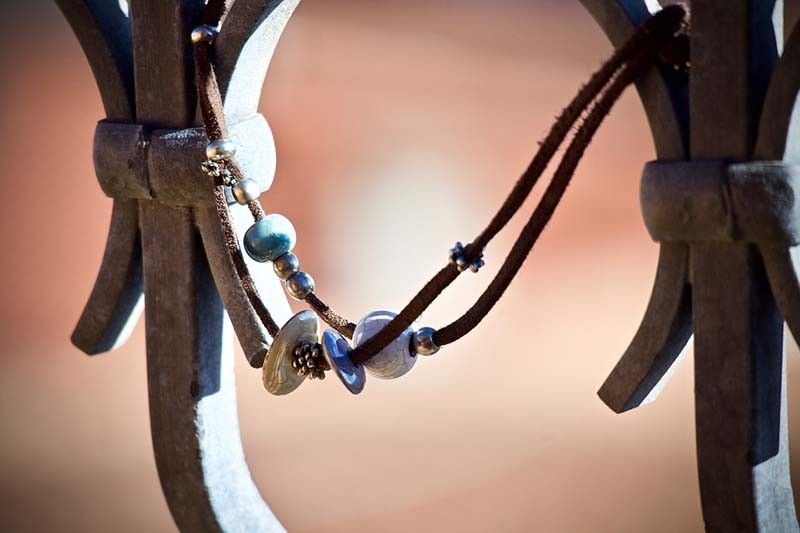Two Cebu-based factories involved in ‘biggest’ Indian art conspiracy — report

MANILA, Philippines — Two factories in the Philippines are reportedly involved in the biggest Native American arts and crafts fraud ever exposed for manufacturing millions of dollars’ worth of fake Indian jewelry to be sold in retail stores throughout the US as Native-made.
In an article published on March 15, the National Geographic reported that Albuquerque jewelry dealer Nael Ali last year pleaded guilty to violating the Indian Arts and Crafts Act for misrepresenting counterfeit jewelry made in the Philippines as Native-made jewelry.
With his sentencing set in April, Ali’s case will test the ongoing crackdown on Native American art fraud dubbed as “Operation Al Zuni.”
According to Ali, who owned several retail stores in Albuquerque's Old Town district, the contraband jewelry were sourced from two Palestinian family networks that own two factories in the central Philippine province of Cebu.
The two families are known to federal authorities as the Sterling Coalition, who has owned “Fashion Accessories 4 U” in Cebu since at least 2006, and the Aysheh brothers, who registered their Philippine-based factory called “Imad’s Jewelry” in March 2014.
“Ali confessed to mixing the knockoff jewelry with genuine Indian-made jewelry and ensuring ‘that none of the Philippine-made jewelry was marked with its country of origin,’” National Geographic reported.
None of the Khalaf family, who operates the Sterling Coalition network, has been charged yet.
Meanwhile, the four Aysheh brothers running the other alleged conspiracy were charged in February 2017 and are set to face trial in October this year.
"Our arts and crafts give us a really concrete way to stay connected to our culture and our history," Native American jeweler Liz Wallace was quoted as saying by the National Geographic.
"All this fake stuff feels like a very deep personal attack,” Wallace added.
- Latest
- Trending




























